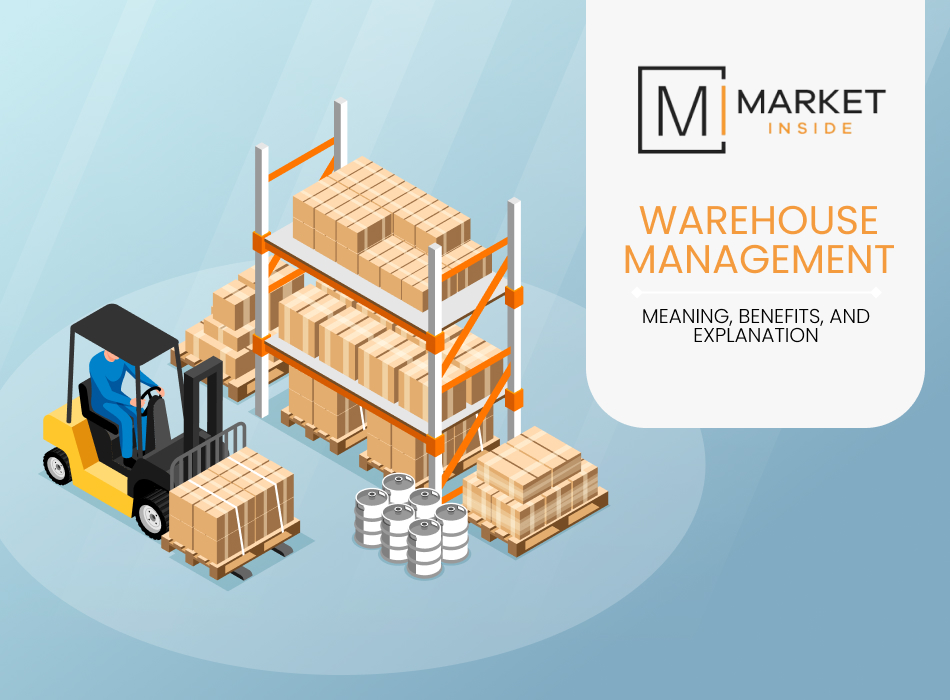Now more than ever, wholesalers, third-party logistics (3PL), and shippers are under pressure to fulfill and deliver orders at e-commerce websites. According to a report, the U.S. online retail sales amounted to US$343 billion in 2019 which is likely to reach almost US$476 by 2024. While online sales and expectations for fast shipping are growing, the labour pool is shrinking. Until the Covid-19 pandemic took hold in mid-March 2020, it was difficult to find warehouse workers due to lockdowns. Post Covid-19, warehouse labour has become scarce because of a number of reasons including the Russia-Ukraine war, and the global economic slowdown. These forces all create the need for faster and more efficient warehouse management and logistics processes.
What is Warehousing?
Warehousing is the process of storing inventory in a manner that goods are simply traceable in the original condition before these are sent into an order fulfillment cycle or sold or distributed to smaller warehouses or directly sold to stores. Small retailers or startups with fewer funds may have a room as a warehouse but large companies rent big buildings or they have their own designed warehouses to store commodities.
What is Warehouse Management?
Warehouse Management is about optimizing and controlling the process of storage of goods in the warehouse right from the moment the inventory enters it, and until it is sold, becomes obsolete, consumed, or moved to another place.
A good WM system can help by streamlining every facet of it; from receiving, put-away, pick, pack, and shipping processes to inventory tracking and replacement. Take a look at the benefits of this system.
Benefits of Warehouse Management System
A digital and efficient warehouse management system is essential for any business with on-hand inventory and can help gain new efficiencies and save money. The top benefits of a warehouse management system are:
- Improves Efficiency: It automates and streamlines the process of warehouse operation from inbound receipts to outbound deliveries to improve efficiency, operating smoother, and handling higher volumes.
- Reduces Waste and Saves Money: If you have date-restricted or perishable stock, this management system can identify which items need to be picked first or which might require a sales push in order to minimize waste.
- Real-time Inventory Visibility: Using barcoding, sensors, or other location-tracking methods, WMS gives you real-time insight into your inventory as it moves into your warehouse, around it, and on to the next location.
- Boosts Labour Management: A good warehouse management system can help you forecast labour requirements, create schedules, optimize travel time within a warehouse, and assign the right task to the right employee based on skill level, proximity, and other factors.
- Better Customer & Supplier Relationships: The warehouse management system can help customers enjoy improved order fulfilment, quicker deliveries, and fewer inaccuracies – which boosts their satisfaction and loyalty and enhances your brand reputation.
The warehouse management system is really a robust way to manage and control inventory in the warehouse efficiently.

GIPHY App Key not set. Please check settings